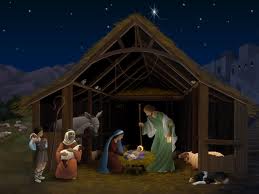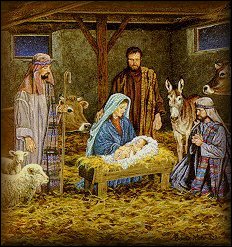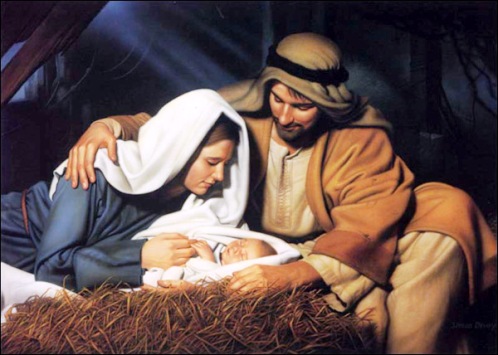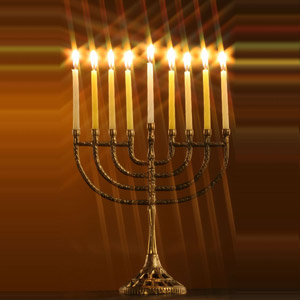I was given a few books for Christmas. The problem is that I have long ago run out of bookshelf space. So I was shocked to recently discover the following bookshelf… I don’t know if it’s real…
I imagine this is what heaven will look like… and the best part is that I will have eternity to read them ALL!





 The first was noisy, crowded, and eventually became a little stinky, smelly, and dirty. The second had subdued lighting, padded seats, and professional-quality Christmas music.
The first was noisy, crowded, and eventually became a little stinky, smelly, and dirty. The second had subdued lighting, padded seats, and professional-quality Christmas music. But what about that first Christmas Eve Service we went to at 5:30 AM?
But what about that first Christmas Eve Service we went to at 5:30 AM? I always have to work Christmas Day, and so our family has “Christmas” on December 26th, which makes December 25th our “Christmas Eve.” So on that night, we had our third Christmas Eve Service in our living room with just the five of us.
I always have to work Christmas Day, and so our family has “Christmas” on December 26th, which makes December 25th our “Christmas Eve.” So on that night, we had our third Christmas Eve Service in our living room with just the five of us.


 As a child I often remember running outside to play, leaving the door wide open behind me, only to have my mother call after me, “Come back and shut the door! You weren’t born in a barn!”
As a child I often remember running outside to play, leaving the door wide open behind me, only to have my mother call after me, “Come back and shut the door! You weren’t born in a barn!”


 So someone left a one-star review of
So someone left a one-star review of  This does not mean that Genesis 1-2 is myth, or that God didn’t really say the things He said in Deuteronomy, or that the Jewish feasts have no significance or meaning.
This does not mean that Genesis 1-2 is myth, or that God didn’t really say the things He said in Deuteronomy, or that the Jewish feasts have no significance or meaning.


 It’s the end of the world today!
It’s the end of the world today!
 But what about Hanukkah? Did Jesus fulfill this holiday also?
But what about Hanukkah? Did Jesus fulfill this holiday also?

